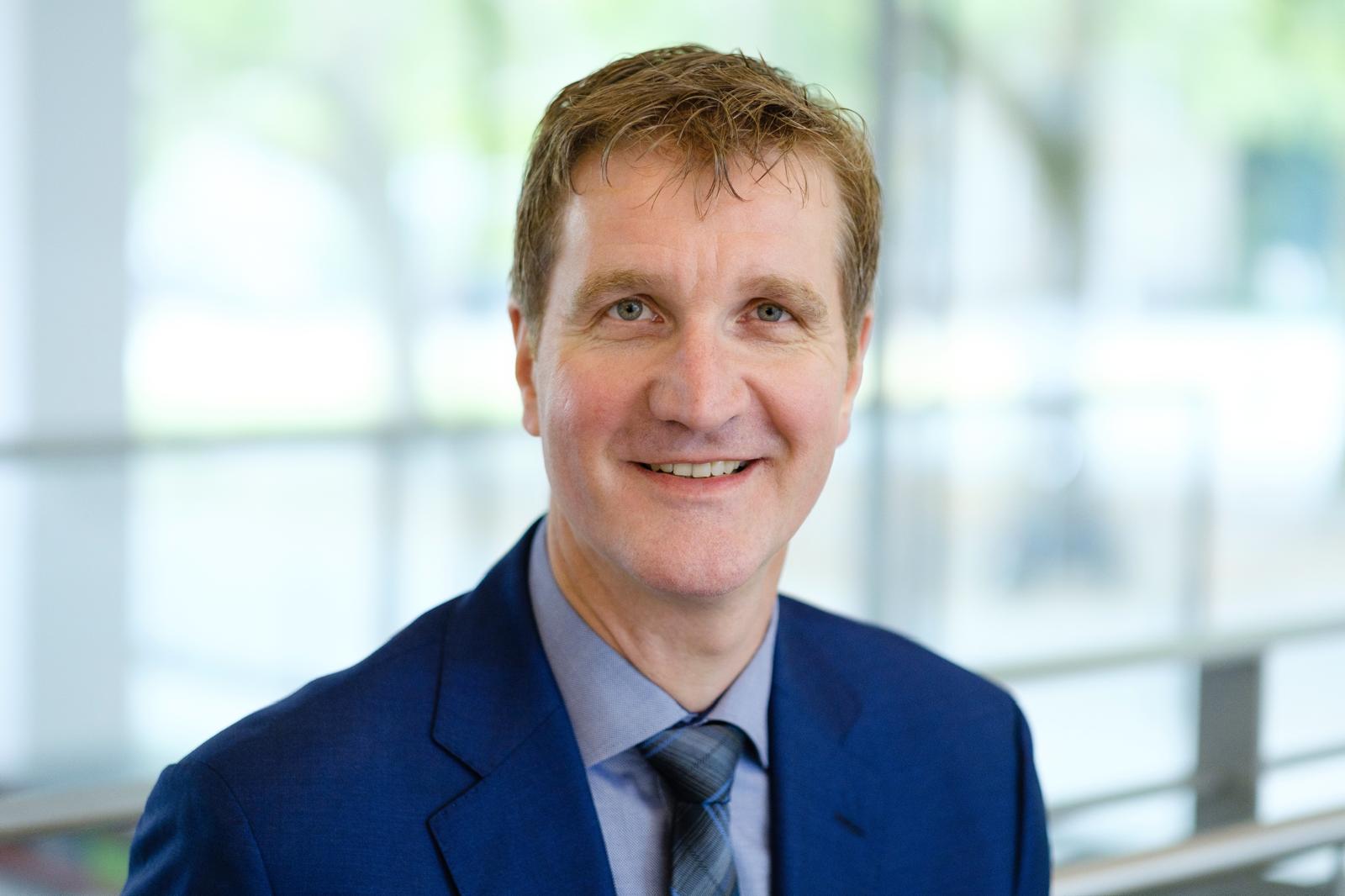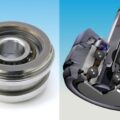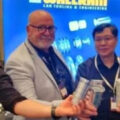• WALLRAM Group has stood out for its innovative packaging solutions. What characteristics define your products and what makes them unique in the market?
o The exceptional quality is what makes WALLRAM tools so special. For this reason, we use raw materials from carefully selected suppliers. Ultimately, WALLRAM products become durable tools because we specialize in manufacturing with very tight tolerances and achieving excellent surface quality.
• WALLRAM builds high-precision computer-controlled machines. I imagine that operating this type of machinery requires highly specialized personnel to maximize its potential. Does your company also provide training to industries to ensure they can fully utilize your machines?
o Our LIZZINI grinding machines are designed and developed by experts for a wide range of applications, with a focus on maximum ease of use. For this, intensive exchange with machine operators is very important, as it allows us to identify and implement improvements together. Our machines have a very user-friendly interface and, of course, we offer comprehensive training for operators, ensuring they can use the machines to their full potential.
• How do you approach sustainability in the development of your packaging products? What are the main challenges in this regard?
o For WALLRAM, the high quality of our tools translates into a long service life, which has always been a valuable contribution to sustainability. Regarding the acquisition of raw parts, we rely on manufacturers that follow sustainable practices, such as the use of wind and solar energy, as well as recycled materials. We are also committed to improving our production facilities through photovoltaic systems to cover part of our energy needs with renewable energy. An important aspect of WALLRAM’s efforts towards greater sustainability is our renovation service, which allows tools to be refurbished several times, making them truly durable. Additionally, in one of our plants, we have just started a carbide and steel recycling program that we are looking forward to further developing.
• In recent years, we have seen a significant evolution in packaging trends. What do you consider to be the most important trends for the near future and how is WALLRAM Group adapting to these new trends?
o We are pleased to see the current trend towards greater use of metal packaging. Here, WALLRAM is leveraging its strength in the beverage can sector, and it is in this area where we want to continue growing. However, we also aspire to offer products and services in related areas. We see two key trends in the near future: increasing automation and sustainability. WALLRAM Group is adapting by developing high-precision tools and machinery to ensure consistent, high-quality production, integrating advanced measurement technologies for better control. Additionally, we focus on energy-efficient production methods and sustainable materials to reduce CO2 emissions and production costs.
• How do you work alongside your clients to understand their specific needs and create customized solutions?
o We maintain constant contact with our clients. We communicate both at the corporate level and with those responsible for the tool workshops in the plants. This allows us to learn about new developments and challenges firsthand. Our approach to finding the best possible solutions involves intense internal discussions and close cooperation with our customers. Ideas are first tested under laboratory conditions before checking their definitive suitability in the plants. At WALLRAM Group, we prioritize understanding our clients’ specific needs through close collaboration throughout the development process. Our approach includes comprehensive advice, customized tool solutions, and collaborative process optimization. With facilities in Germany, Poland, USA, and Italy, we combine international expertise with local support, ensuring solutions tailored to specific customer needs. This collaborative and customer-focused approach allows us to offer solutions aligned with our clients’ goals, fostering long-term partnerships based on trust and mutual success.
• Can you share a recent example of a project where WALLRAM Group has worked closely with a client to solve a unique packaging challenge?
o We collaborate closely with our clients in four key areas: optimizing tool life, improving can quality, increasing production, and processing a wide range of materials. Recent development projects have focused on creating customized tools that not only offer extended life but also flexibility to process different types of metal sheets. Very recently, we were able to support a can plant that was facing problems with high levels of waste. By delving into the calculations, our experts helped improve the line flow of the cups.
• What are WALLRAM Group’s expansion plans for the coming years? Are there new markets or customer segments you are targeting?
o Currently, WALLRAM’s focus is on the can industry, where we already supply tools of exceptional quality. Our goal is to increase market share by maximizing the production capabilities of each plant to fully supply the metal packaging industry. This means our next steps are twofold: we want to acquire more customers in our current business scope and expand into related markets. Additionally, we continuously improve our processes to further increase our efficiency. We are also adopting a multi-supplier strategy for our raw parts to ensure supply reliability for both us and our customers. Naturally, pricing opportunities play a crucial role in this strategy. However, our main goal, in collaboration with our suppliers, is to offer increasingly better materials and ultimately improve the durability of our tools.
• How do you see the future of packaging in the next 5 to 10 years and what role will WALLRAM Group play in this evolution?
o I am convinced that, in addition to costs and technical properties, the environmental impact and compatibility of packaging will play an increasingly important role. This includes factors such as raw material extraction, production processes, transportation, reuse, recycling, and disposal. Due to its excellent recycling properties, metal packaging is gaining popularity. With a focus on waste reduction and improving recycling rates, we expect an increase in the use of sustainable materials and innovations such as lighter and more energy-efficient packaging. Furthermore, automation and digitalization will drive improvements in efficiency, precision, and production flexibility. At WALLRAM, we hope to be able to provide support in designing the necessary tools and produce them for our customers. We continuously invest in R&D and adopt cutting-edge technologies to help shape the future of metal packaging.
• What can you tell us about the human factor in a highly innovative company focused on technological precision?
o Innovation is always driven by people. Machines, processes, programs, or artificial intelligence are not what drive innovation in the sense of genuine development. It is people who develop new ideas, of course, with the support of modern technology. When it comes to providing the best possible solutions for our customers, testing and trying new ideas plays a vital role. This, of course, is not possible without qualified personnel and the application of the correct methodology. At WALLRAM, we are committed to our staff, and we place great importance on qualification and continuous training. The high quality of work at all stages of production is what makes our tools and machines reliable and precise. In summary, the human factor in a highly innovative company focused on technological precision consists of bringing together expertise, creativity, collaboration, adaptability, and commitment to precision. Although advanced technology plays a fundamental role, it is people who drive the vision, innovation, and execution that ultimately shape WALLRAM’s success.
• Do the growing political tensions between continents affect your industrial and commercial operations in any way?
o WALLRAM Group has production sites in several European countries, as well as in the USA. Our customer base is international, and we export our precision tools worldwide. Therefore, any trade barriers resulting from political tensions have an impact on our business. To address these challenges, we must remain flexible, adjust our risk management strategies, and continuously monitor our international operations.












0 Comments